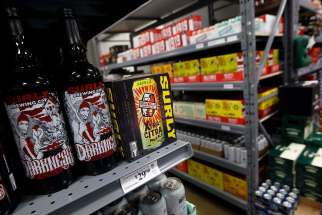They got their brand on you Company tightropes federal pot law with Aurora Illumination concert series
Read this article for free:
or
Already have an account? Log in here »
To continue reading, please subscribe:
Monthly Digital Subscription
$0 for the first 4 weeks*
- Enjoy unlimited reading on winnipegfreepress.com
- Read the E-Edition, our digital replica newspaper
- Access News Break, our award-winning app
- Play interactive puzzles
*No charge for 4 weeks then price increases to the regular rate of $19.00 plus GST every four weeks. Offer available to new and qualified returning subscribers only. Cancel any time.
Monthly Digital Subscription
$4.75/week*
- Enjoy unlimited reading on winnipegfreepress.com
- Read the E-Edition, our digital replica newspaper
- Access News Break, our award-winning app
- Play interactive puzzles
*Billed as $19 plus GST every four weeks. Cancel any time.
To continue reading, please subscribe:
Add Free Press access to your Brandon Sun subscription for only an additional
$1 for the first 4 weeks*
*Your next subscription payment will increase by $1.00 and you will be charged $16.99 plus GST for four weeks. After four weeks, your payment will increase to $23.99 plus GST every four weeks.
Read unlimited articles for free today:
or
Already have an account? Log in here »
Hey there, time traveller!
This article was published 17/08/2018 (2674 days ago), so information in it may no longer be current.
On a steamy weekday evening in early August, dozens of music fans lined up outside of the Metropolitan Entertainment Centre, waiting to enter the Winnipeg edition of the Aurora Illumination concert series, one of 19 similar music events being held across Canada this summer.
Tonight’s show is all about EDM —three DJs are set to take the stage, wrapping up with Jauz, a Los Angeles-based producer who has racked up tens of millions of streams on Spotify.
Organizers expect the room to hit capacity, around 1,100 people, all of whom paid nothing for their ticket, but rather applied to win passes on the Aurora Illumination website.
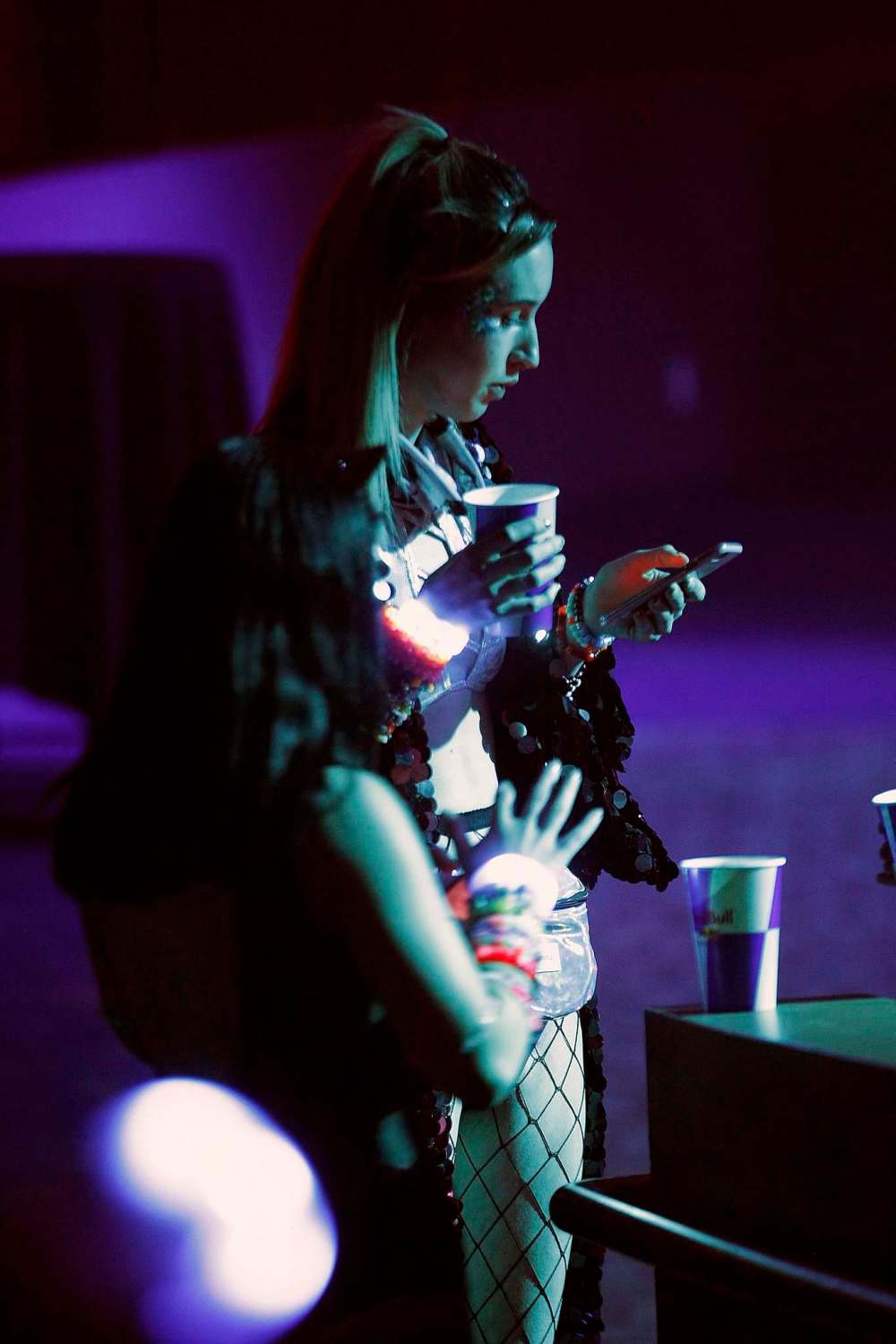
Fishnet stockings, booty shorts, glitter and neon are in no short supply as guests file in, met at the door with a glowing bracelet they later find out changes colour to the beat of the music — it’s the first piece of free merchandise they receive, and certainly not the last.
A table packed with Aurora-branded items waits just inside the interior doors; Aurora water bottles, tote bags, T-shirts, lanyards, all of which are free to take if a name and email address is provided to the company. Custom Aurora “aura” photographs, also free, are taken by crew members using tablets that instantly send the image both to the individual’s inbox and to one of several TVs in the area, and another interactive photo area it set up inside the ballroom.
The Aurora name is everywhere, but no indication of what Aurora actually is.
Of 25 attendees polled at the event, just two had even a vague idea of what Aurora is — its full name is Aurora Cannabis Inc. The rest of the concert-goers asked had no clue, assuming Aurora is a concert-promotion company, and were surprised to hear the event was hosted by a licensed medical marijuana producer.
Founded in 2013, Aurora Cannabis Inc. is a multi-billion-dollar medical cannabis company headquartered in Edmonton, which sells products such as whole-flower cannabis, milled cannabis, cannabis oils and vaporizers. In just the last two years, Aurora has expanded from a staff of 35 to more than 1,200 and currently has, or is building, production facilities in nine cities across the country, as well as two in Denmark.
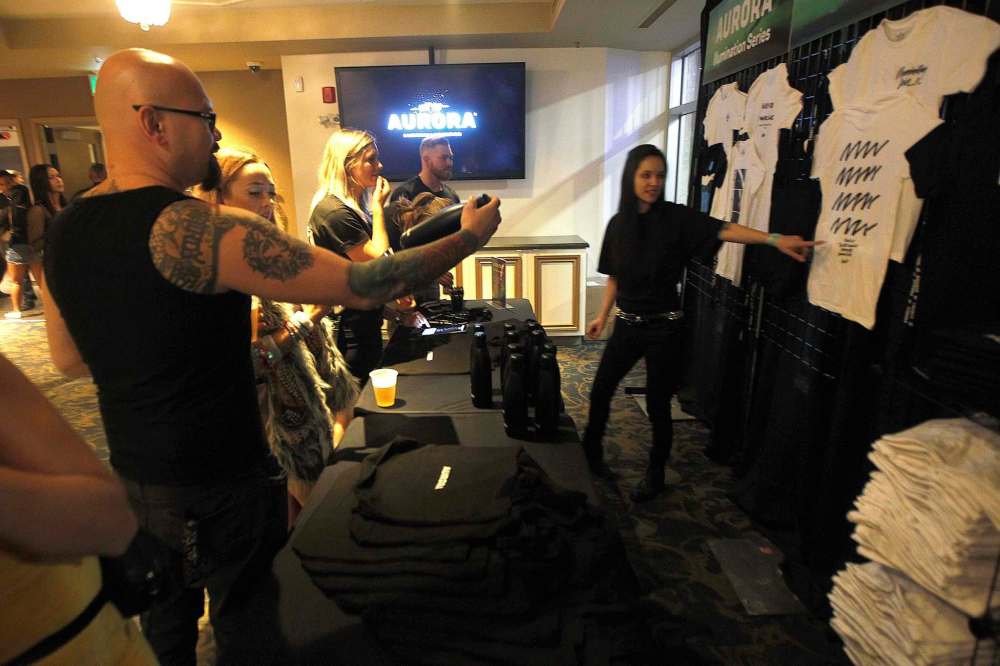
But at the Aurora Illumination concerts, none of this information is made available because it is not allowed to be made available.
The regulations surrounding the marketing of cannabis are strict. As part of the Cannabis Act, when it comes to responsibility in branding, marketing and communications, licensed producers are not allowed to sponsor lifestyle events. They are not allowed to promote the use of cannabis. They are not allowed to promote their brand to consumers.
So the question then becomes, how do you market your brand without actually marketing your brand?
Enter the Aurora Illumination series; a way to get the company name out there without violating the restrictions.
“There can be no discussion of cannabis at any of these events, there can be no discussion of our products, there can be no mention of the legal name of the company, which is Aurora Cannabis Inc., in materials that we use at these events,” explains Cam Battley, chief corporate officer of Aurora Cannabis Inc.
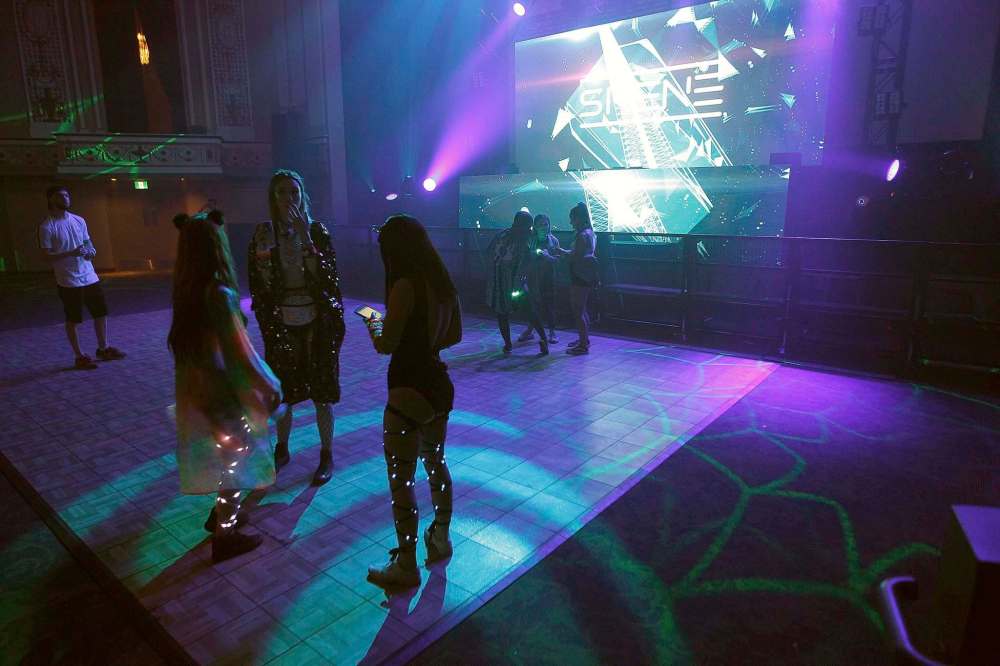
“We just use Aurora; we’re not in the business of illegally marketing the substance. We are in the business of raising the profile of our company and letting people know we are a Canadian champion in both medical cannabis and, soon, in consumer cannabis as well.”
“The word Aurora, that doesn’t belong exclusively to them, right? Like, Aurora Borealis,” says Jenn Larry, president of CBD Strategy Group, a brand marketing and communications firm created to serve the Canadian cannabis industry.
“The Aurora Illumination series is a demonstration of smart thinking and brand names that can transcend and have multiple meanings to allow users to get as close as possible to the brand.”
And while Aurora’s brand recognition may still be weak among the general public, name recognition of most of the artists they had at the concert series is very, very strong. Kings of Leon, City and Colour, Arkells, Ghostface Killah, Death From Above 1979 — these are all bands with some clout behind them, and they all performed at one of Aurora’s shows this summer.
So, come Oct. 17 when recreational cannabis becomes legal in Canada, there’s a chance those in attendance at the shows will see the Aurora name and link the fun concert experience to the company, helping to distinguish Aurora from the competition.
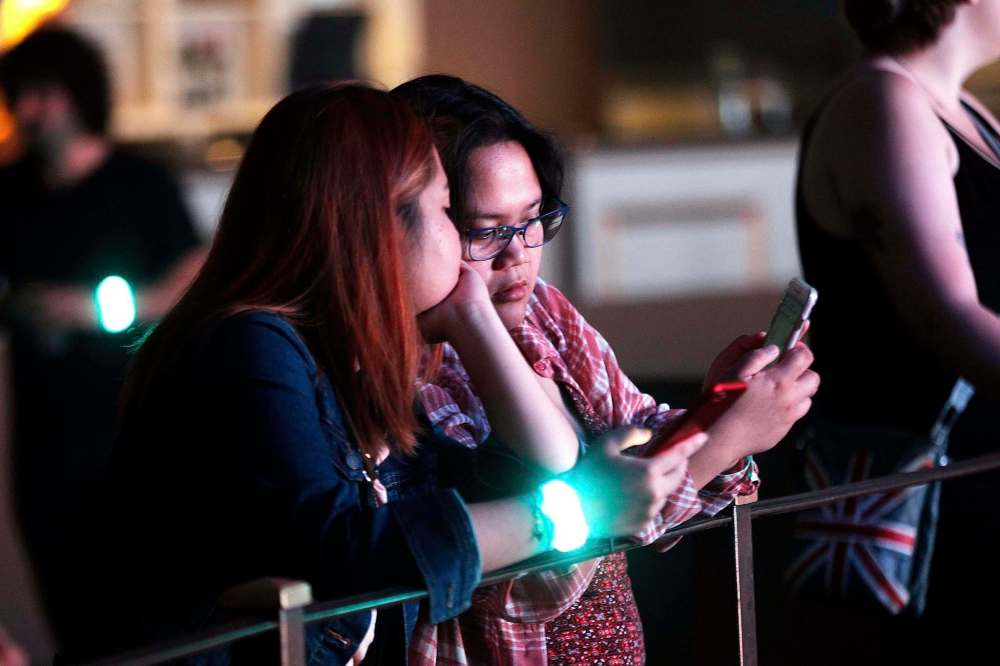
But this type of marketing comes at a significant cost; music industry professionals suggested to the Free Press artists such as rapper Post Malone (who played for Aurora in Toronto) or Queens of the Stone Age (who played for Aurora in Vancouver) could run as much as US$750,000 for a one-off show such as these.
Some cost estimates of the Aurora Illumination series have been as high as $20 million, but Battley says those calculations are bloated, though he did not specify what the company spent on the concerts.
“It’s a significant investment but it’s a reasonable one and a justified one to start telling the Aurora story about our commitment to quality, about the technology that we use, it’s absolutely pioneering in the world. These are things that make us very proud,” says Battley.
Larry says it’s impossible to know how effective this kind of marketing is in terms of developing brand loyalty and converting that loyalty into consumer dollars, but ultimately, it’s a creative way to get Aurora’s name in the public eye within the confines of the law.
“It once again demonstrates how important it is to have great teams inside your team who understand how to thrive inside the box of regulations, but it really is a cost-analysis thing. These companies are doing big projects at big prices and the cost of doing business when a bunch of people walk away and not even know who Aurora is, well, they’re using the tipping point of a B2B (business-to-business) to maybe engage with a B2C (business-to-consumer), which is no different than a trade show,” says Larry.
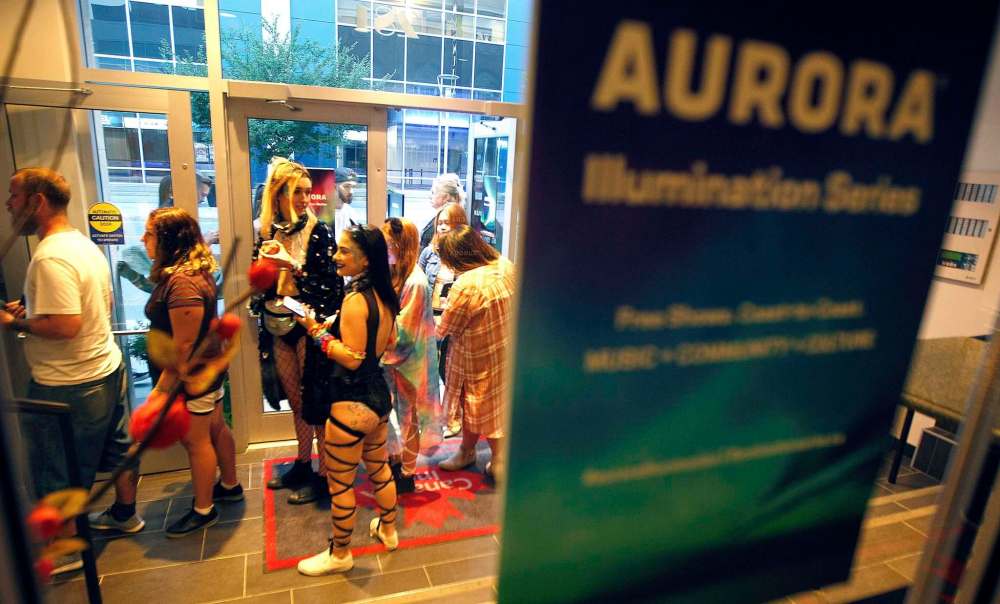
“Is it actually resonating and creating consumers? Who knows. Do they have a database that is now richer for future communications? Yes.”
erin.lebar@freepress.mb.caTwitter: @NireRabel

Our newsroom depends on a growing audience of readers to power our journalism. If you are not a paid reader, please consider becoming a subscriber.
Our newsroom depends on its audience of readers to power our journalism. Thank you for your support.





